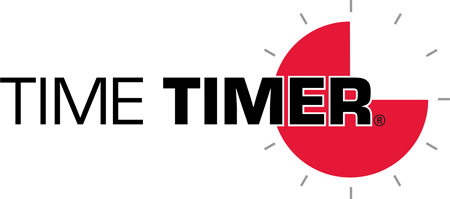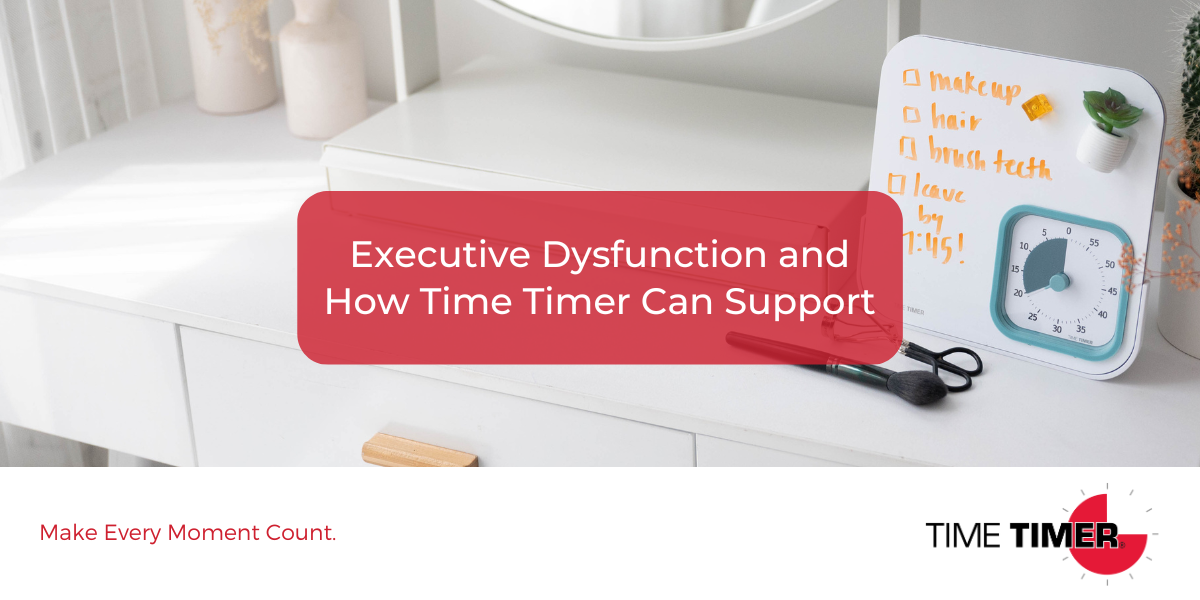Learn about executive function, signs of executive function, and how to support executive function with processes, practices, and tools to manage the day-to-day.
What is Executive Function?
Executive function refers to a set of key skills that describe complex processes in the brain’s prefrontal cortex that help you manage time and get things done – it’s how you plan, focus, organize, remember, problem-solve, make decisions, control impulses, and complete tasks in daily life.
Almost from birth, we begin developing these skills, all the way through to approximately 30 years of age when the prefrontal cortex is fully developed.
The three key skills in executive function include:
Signs of Executive Dysfunction
While research continues as to why executive dysfunction occurs, scientists have linked it to several neurological differences and conditions, including ADHD, autism, Alzheimer’s disease, dementia, depression, epilepsy, multiple sclerosis, OCD, stroke, substance abuse, and traumatic brain injury.
If you have difficulty with executive function skills, you may have challenges with memory, organization, time management, attention, emotions, and behavior.
Executive dysfunction can affect your everyday life. Here’s how it may affect the key executive function skills:
- If you experience challenges with working memory, you may be forgetful, disorganized, or have difficulty completing tasks.
- If you experience challenges with flexible thinking, you may have difficulty with transitions and adapting to stress or unexpected events.
- If you experience challenges with inhibition control, you may find it difficult to regulate your emotions and behavior and have trouble staying focused on completing certain tasks.
Four Tips to Support Executive Function
If you struggle with executive function, here are a few tips to help manage executive function and improve your daily life. You may also seek professional help to provide additional tools and support.
1. Break it down
2. Set up your environment
3. Practice self-care
4. Use visual aids
At Time Timer, this is our specialty and we’re here to help!
- The Time Timer Dry Erase Board + Time Timer MOD Visual Timer includes a dry-erase board that’s perfect for time-sensitive messages, visual schedules, and to-do lists, along with a compact 60-minute visual timer to help you stay on track with tasks and not miss a thing!
- The Time Timer® Original 8” + Visual Scheduler combines a visual timer with visual activity cues, so you can easily create time-based visual schedules to simplify daily routines and checklists and provide calm transitions.
- The Time Timer App is a free tool (available on iPhone, Android, and Apple Watch) to help you keep track of time when you’re on the go, with single and repeating timers and the ability to run multiple timers at once, for anywhere from 1 second to 99:59:59 hours.




